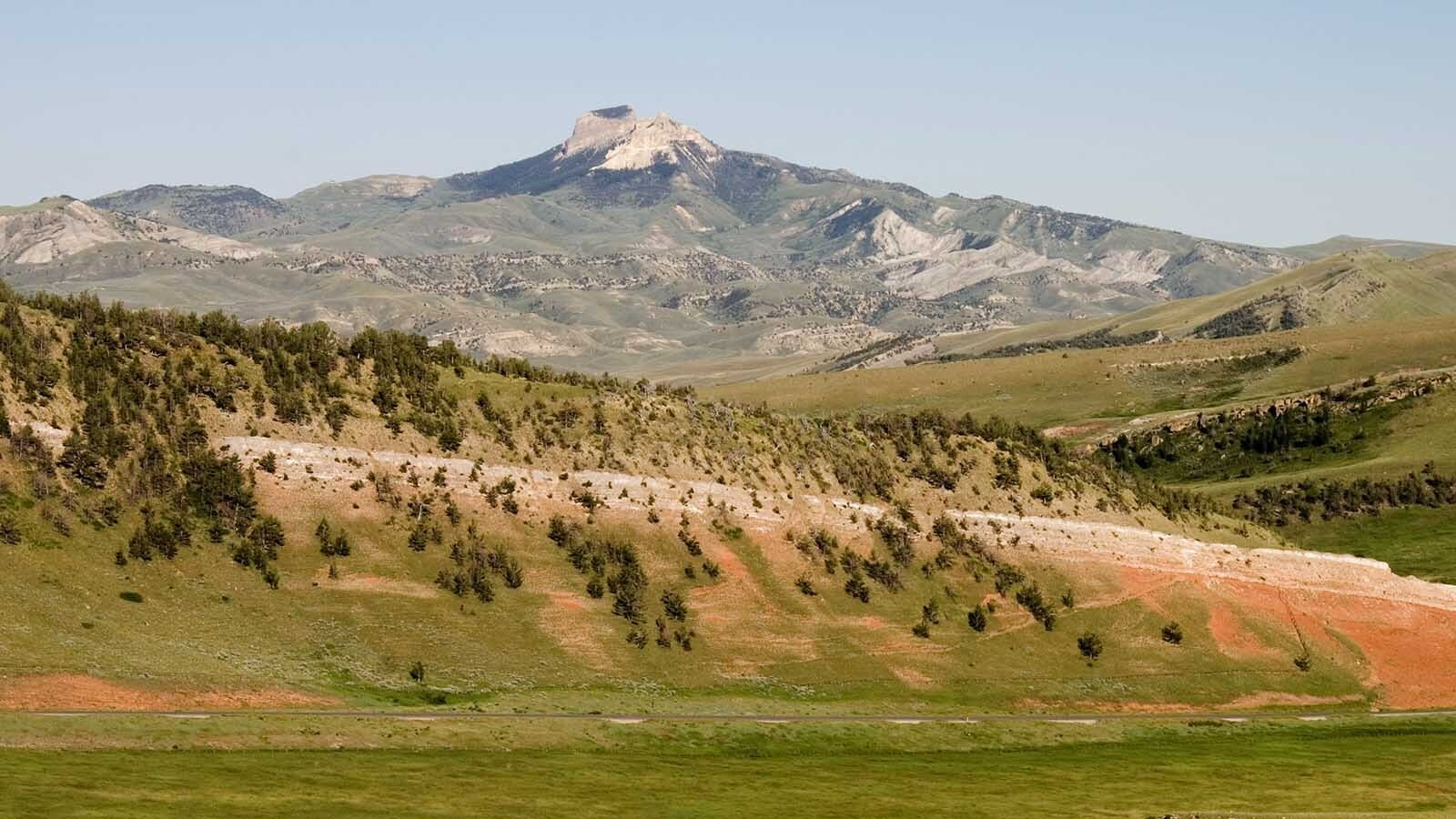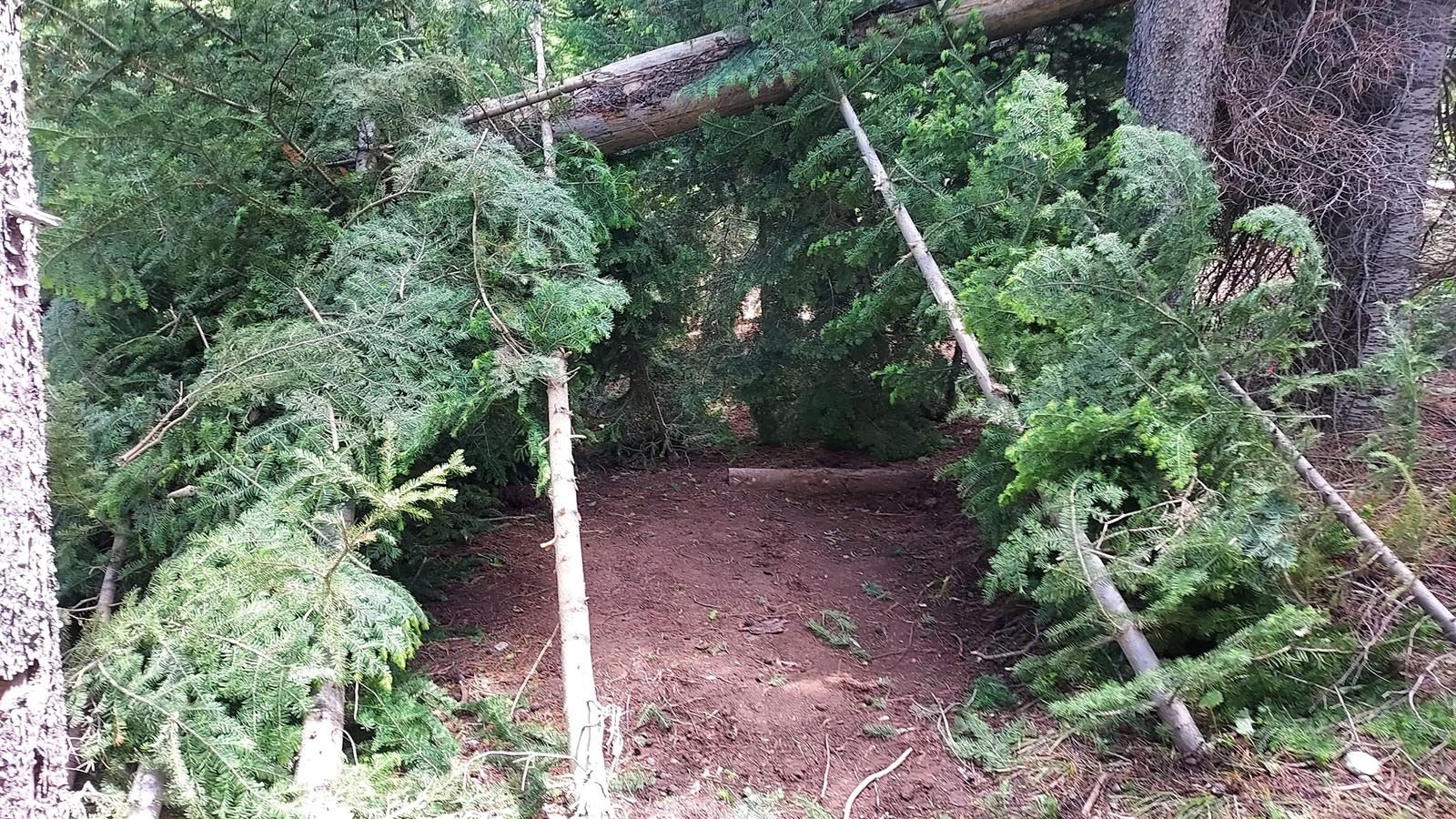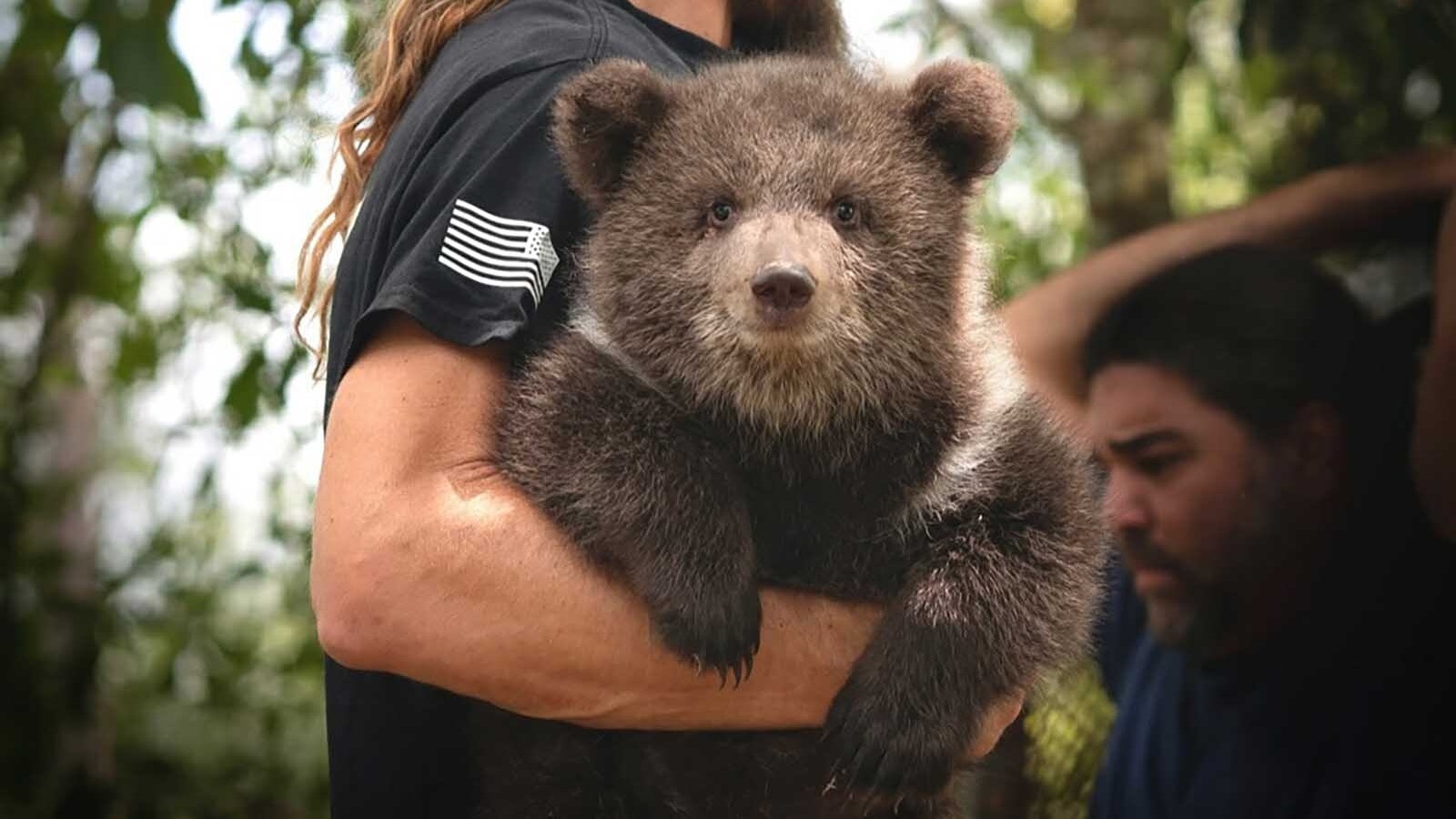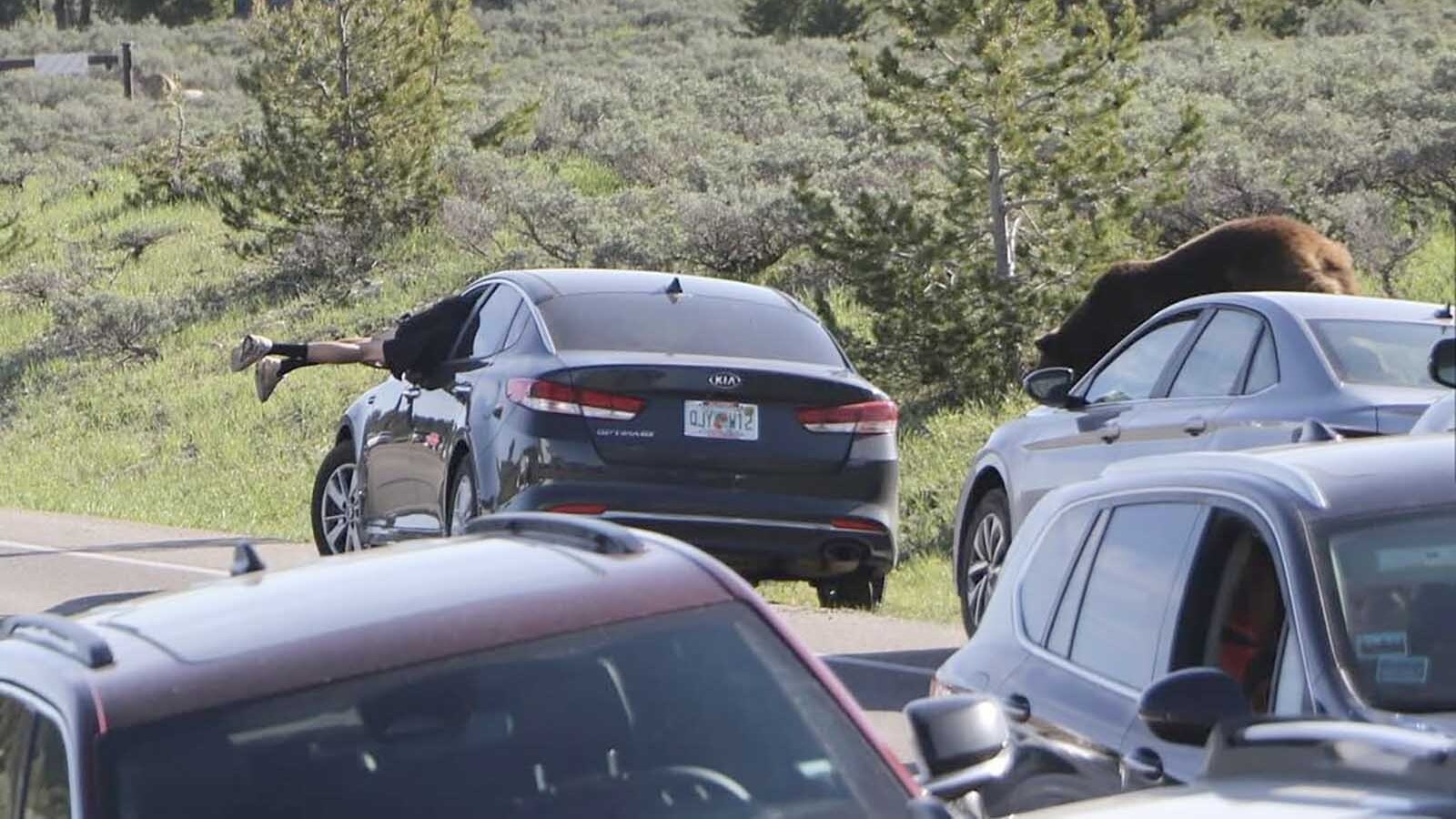The eyes of the world have been on Wyoming since a wolf was tortured and killed in Daniel, but if reform is to come from the incident, it should be Wyoming’s business, not the world’s, an avid hunter from Dubois said.
“I think that here in Wyoming, we recognize that we have our own solutions to our problems. We don’t need outside organizations pressuring the federal government to come in and change things for us,” Jim Laybourn told Cowboy State Daily.
Along with conservationists, landowners and others, Laybourn is forming the Wyoming Wildlife Coalition and pushing for change in Wyoming’s predator hunting and animal cruelty statutes.
“We just want to give law enforcement the right tools to punish bad actors for extreme acts of torture, like the case in Daniel, Wyoming,” he said.
Laybourn said he and others plan to lobby the Wyoming Legislature for reform on two specific points: outlawing the use of motorized vehicles to chase down and run over predators, and changing animal cruelty statutes to include wildlife.
Another of the coalition’s members, Wyoming Wildlife Advocates Executive Director Kristin Combs, previously told Cowboy State Daily that her group will be among those pushing those same points before the Legislature during its 2025 session.
Whether any such legislative reform can succeed is a tough question, state Sen. Larry Hicks, R-Baggs, told Cowboy State Daily.
He said animal cruelty measures have come up before during his tenure in the Legislature. They’re tough, controversial bills to work.
“You have to figure out, what’s the level of penalty, how narrowly will the bill be crafted and what would the unintended consequences be?” Hicks said.
Prompted By Wolf Torture
The coalition’s efforts are in direct response to a Feb. 29 incident involving Cody Roberts, 42, of Daniel.
According to accounts of events, Roberts ran a wolf down with his snowmobile and captured the injured animal, taping its muzzle shut. He later took it to his residence, and then to the Green River Bar to show it off before taking out behind the bar and killing it.
There was national and global outrage when court records indicated that Roberts was cited by the Wyoming Game and Fish Department for illegal possession of a warm-blooded animal, and forfeited a $250 bond.
Many felt that there should have been stiffer penalties in the case.
Laybourn said if Wyoming policy can be reformed from within, it will help prevent such outrageous acts in the future, as well as demonstrating that Wyoming is capable of solving its own shortcomings.
“My goal is to reach out to people in Wyoming who want to see reform,” he said. “We want this to be a Wyoming-based solution.”
Giving Up Hunting, At Least For Now
May is usually busy for Wyoming hunters – the end of the month is the deadline to apply for hunting tags.
Laybourn is sitting it out this year.
During a recent meeting of Wyoming Game and Fish Commission, he told the commissioners and Cowboy State Daily that he would refuse to buy any more hunting tags until some of Wyoming’s predator hunting and animal cruelty statutes are reformed.
He was one of many who testified before the commissioners that day expressing outrage over the tortured wolf.
On Thursday, he said he’s sticking by his statements and hasn’t applied for any hunting tags.
“It’s hard for me, because I love to hunt,” he said. “It’s some of the strongest, most powerful experiences you can have, being out hunting in the backcountry.”
But by giving up hunting, at least for now, Laybourn said he hopes to inspire others. And he hopes it helps protect hunters’ reputation among the general public.
“I’m trying to make a stand for other hunters. It’s a sacrifice I’m trying to make for other hunters,” he said. “So that the public feels better about hunters. So that they understand that hunters are being ethical.”

‘This Isn’t About Wolf Hunting’
Laybourn isn’t a predator hunter, but he doesn’t take issue with predator hunting in general.
“Personally, my own standard is, I only kill what I eat. But I realize a lot of people need to use predator control to protect their livelihood,” he said.
“This isn’t about wolf hunting, or Wyoming wolf management. This is just about the brutal act of running an animal down with a snowmobile and then torturing it,” he added. “I would have been just as upset if somebody would have brought a wounded deer into a bar, or a wounded coyote or any other animal.”
A Tough Case To Make
Hicks said he expects a bill of some sort to be brought before the Legislature because of the case in Daniel.
But to gain traction, it will require extensive research.
“Is there something similar out there in another state? Look at the court cases related to it, the disposition of them. Go look at the lawsuits that might have resulted,” he said.
An animal cruelty statute that’s too broadly written could be open to abuses related to trapping, poorly placed hunting shots or even roadkill, he said.
“What if you hit a prairie dog and somebody catches it on their dashcam, and then tries to claim that you deliberately swerved to hit that prairie dog?” he said.
Regarding legislation aimed at forbidding running animals down with vehicles, it would have wording that clearly defined deliberate, malicious intent as opposed to hitting an animal by accident, Hicks added.
He’s also not particularly concerned about federal intervention because it’s outside of the federal government’s authority to dictate a state’s animal cruelty statutes. Any changes on the federal level would have to go through Congress and apply to all 50 states.
“If somebody wants to bring it (legislation), we’ll take a look at it. It will be given a fair hearing,” he said. “I’m not saying it can’t be done. I’m saying it’s going to have to be narrowly crafted.”
Mark Heinz can be reached at mark@cowboystatedaily.com.





